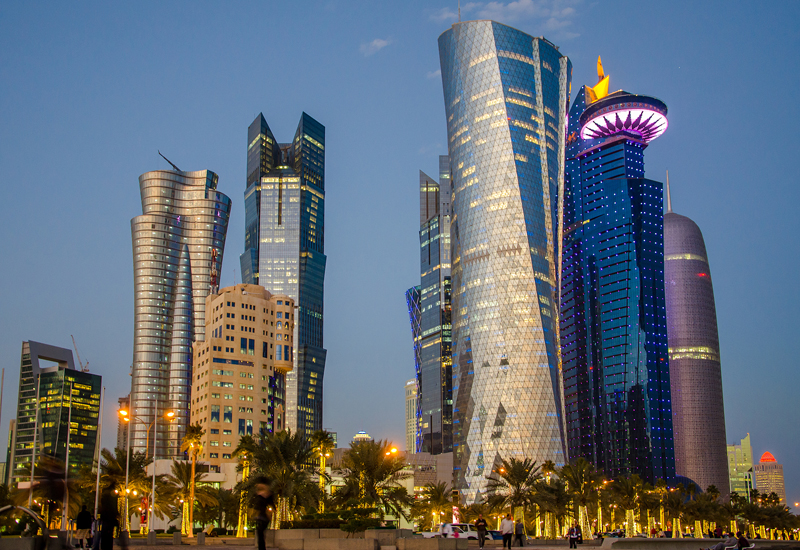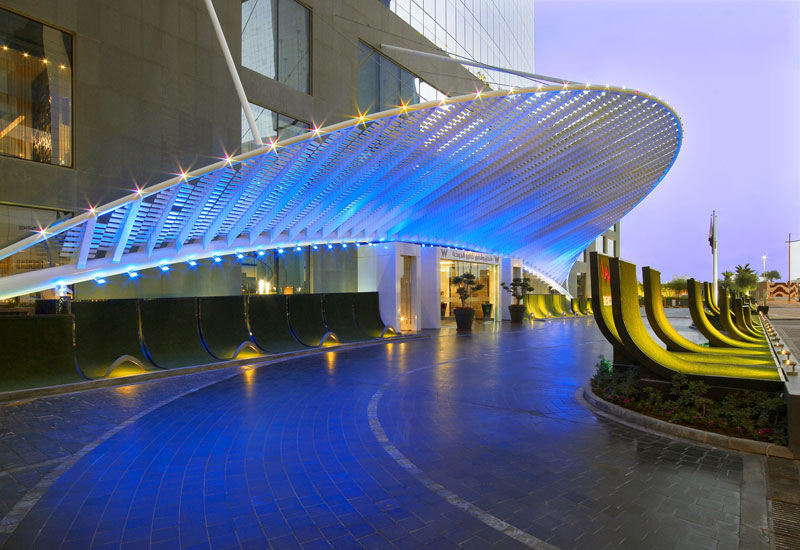 An anticipated 11,000 rooms are expected to go live in Qatar, mainly Doha, in the next two-three years.
An anticipated 11,000 rooms are expected to go live in Qatar, mainly Doha, in the next two-three years.
Hewett says: “Doha has witnessed occupancy levels decline 4.2 percentage points in the past 12 months, from 71.2% to 67.0%. This trend extends to ADRs which have fallen 11.7% to US$193.98,” according to TRI’s statistics.
Ritz-Carlton Sharq Village general manager Wael Maatouk says: “There is a certain issue for demand and prices, which are going down across the city’s hotels year-on-year. This is because of all the previously planned hotels that are coming on the market now — the new supply in the market. This is the normal economic cycle, which is not strange.”
Segment diversification and source markets
Hotels in Doha have traditionally relied on corporate business, with leisure constituting a small percentage of the share.
Hotels need to diversify and start attracting leisure tourists as Grand Hyatt Doha director of sales Ali Moussa tells Hotelier Qatar: “We have noticed a drop in rates but our occupancies have been stable due to our aggressive pricing. This also helped to safeguard against a drop in our RevPar and we are still the leader in our secondary and primary competition set.
“Budget cuts in many sectors and industries have affected us, but as we are not reliant on one specific segment and the majority of our business is leisure, we have not been affected as much as the competition from the data we see. We had to adapt and change our pricing strategies accordingly.”
Meliá Doha’s Abouelmagd says oil and gas has been the backbone of Doha’s economy and because of the drop in prices the government has had to cut its budgets. “We are trying to work [with the QTA] but Doha is not a leisure city, Doha is more of a business, conference and sports destination. The leisure aspect is very minimal, but I have heard the government has long-term plans to increase the leisure segment.”
He adds: “There is excellent potential in the long term. However, in the short term there seems to be some sort of stability in oil and gas prices. Hence, we are all hoping that the government will increase its spending, which will restore some stability to the city.”
Abouelmagd states that the leisure segment constitutes “not more than 3% of business”. “The GCC market is a huge contributor to this segment; we have guests from the UAE and Saudi staying with us but it’s irregular,” he says.
Maatouk remains highly optimistic of Doha breaking its mould as just a corporate and government destination: “I think it’s on the rise now. Traditionally Doha was always a corporate and government destination. QTA started pushing into the leisure segment a few years ago. They were extremely serious with this when they launched the new brand identity for Qatar, back in November last year in London at the WTM. I think sooner or later, this strategy will start to bear fruit and this segment will take over the corporate and government business. This is merely a matter of time.”
Hewett adds: “As key leisure infrastructure continues to develop, including a number of super regional malls and large leisure projects, we expect Doha to attract an increasing number of regional GCC visitors as well as stopover transit passengers using Qatar Airways.”

| Advertisement |









 Search our database of more than 2,700 industry companies
Search our database of more than 2,700 industry companies









